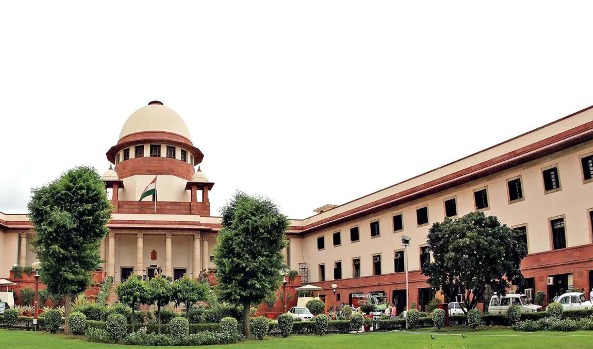
The Supreme Court recently stated that High Courts should only exercise their jurisdiction in commercial matters only in extraordinary circumstances.
A bench of Justice Sanjiv Khanna and Justice MM Sundresh stated that litigants cannot be allowed to avoid the route of approaching tribunals.
“Approaching the High Court for the consideration of an offer by the borrower is also frowned upon by this Court…More circumspection is required in a financial transaction, particularly when one of the parties would not come within the purview of Article 12 of the Constitution of India. When a statute prescribes a particular mode, an attempt to circumvent shall not be encouraged by a writ court,” the order reads.
The Supreme Court specifically stated that the Punjab and Haryana High Court was guilty of allowing writ petitions in this regard.
“We are also constrained to take judicial notice of the fact that certain High Courts continue to interfere in such matters, leading to a regular supply of cases before this Court. One such High Court is that of Punjab & Haryana.”
The Court made these remarks while deciding a case in which the question of whether High Courts can exercise writ jurisdiction when an alternative remedy under the Securitization and Reconstruction of Financial Assets and Enforcement of Security Interest (SARFAESI) Act is available was raised.
The Bench issued notice on the current South Indian Bank petition in December 2022, challenging a Kerala High Court decision that allowed deferred payment schedules for bank borrowers even though the bank had initiated SARFAESI proceedings.
The appellant-bank claimed that a constitutional court’s intervention in private contractual disputes between lenders and borrowers seriously harmed Kerala’s banks.
It was pointed out that the case under consideration was not a one-off, but rather part of a long line of cases in which the High Court exercised its writ jurisdiction and permitted protracted payments.
The Court stated that the issue was well-established in the law. It explained that the powers of High Courts under Article 226 were broad but should be used with caution.
“…we are conscious of the fact that the powers conferred under Article 226 of the Constitution of India are rather wide but are required to be exercised only in extraordinary circumstances in matters pertaining to proceedings and adjudicatory scheme qua a statute, more so in commercial matters involving a lender and a borrower, when the legislature has provided for a specific mechanism for appropriate redressal.”
The order under challenge was not interfered with since counsel pointed out that the concerned Debts Recovery Tribunal (DRT) was not functional at the time.




